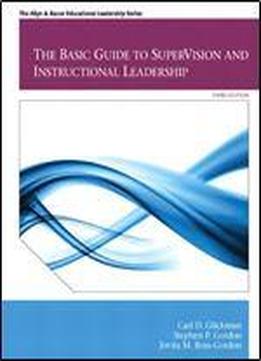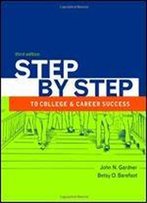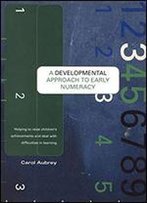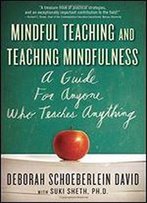
The Basic Guide To Supervision And Instructional Leadership
by Carl D. Glickman /
2012 / English / PDF
2.2 MB Download
This brief version of Glickman, Gordon, and Ross-Gordon's "SuperVision and Instructional Leadership: A Developmental Approach "continues to break new ground by exploring, challenging, and reshaping the field of educational administration. A valuable resource for both aspiring and practicing school leaders, this book is a necessity for any school leader's library. While retaining an emphasis on collegiality, school culture, teachers as adult learners, developmental supervision, reflective inquiry, and democratic schools, this third edition continues to be a trend-setter by placing instructional leadership and school improvement within a community and societal context and presenting three new chapters on the cultural tasks of supervision. "New features of the book include: " - An updated discussion of adult learning and implications for instructional supervision (Chapter 4) - Role Play chapter feature that provides structured scenarios that allow for the practice of the four interpersonal approaches of developmental supervision: directive control, directive informational, collaborative, and nondirective (Chapters 8, 9, 10 and 11) - New Chapter, "Facilitating Change," describes and evaluates theories of educational change, change at the individual level, the changing conditions of teaching, norms of continuous school improvement, and other concepts associated with successful school change (Chapter 20) - New Chapter, "Addressing Diversity, "examines economic, racial, and ethnic achievement gaps and the "cultural clashes" largely responsible for those gaps (Chapter 21) - Discussions of the characteristics of culturally responsive schools and teachers as well as strategies for promoting and encouraging the development of culturally responsive schools and teachers (Chapter 21) - New Chapter, "Building Community, "presents the concepts of the democratic community, moral community, and Professional Learning Community (Chapter 22) - Strategies and suggestions for engaging the school with the larger community it serves (Chapter 22)











